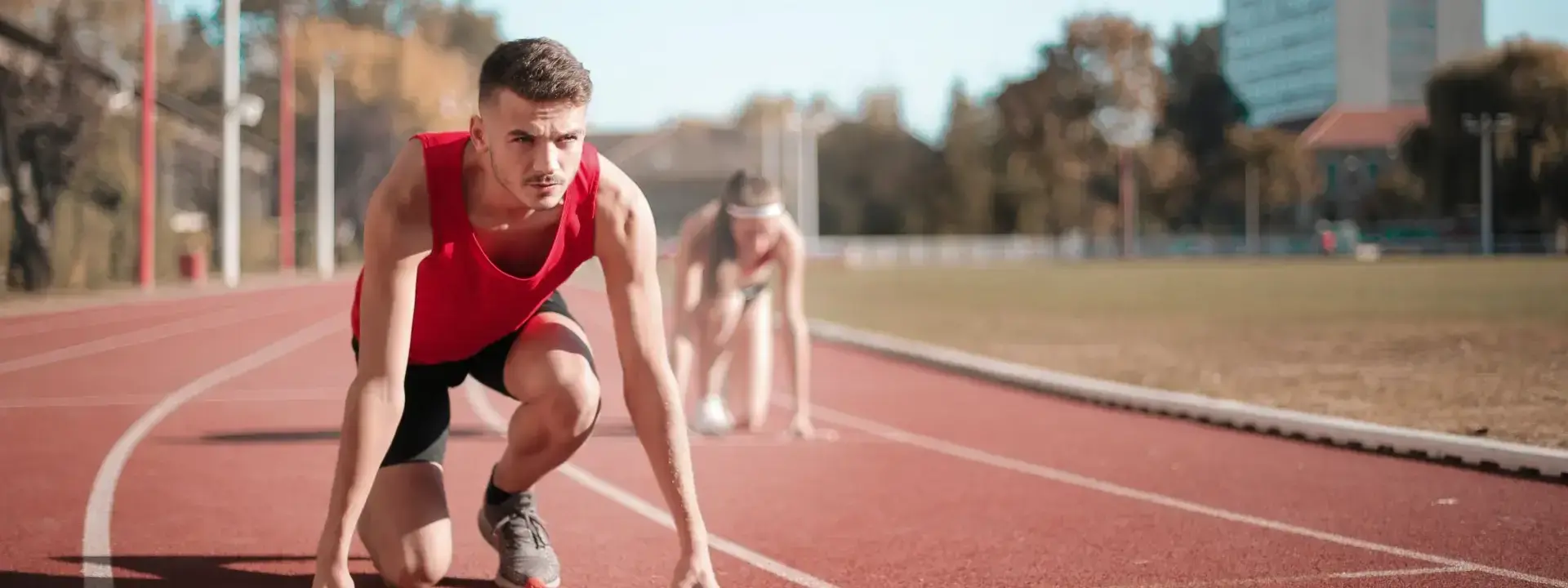
Performance Coach Job Description
What is a Performance Coach Professional?
A performance coach is a professional who helps people improve their performance in their chosen field. The coach works with the client to identify areas in which they would like to see improvement, and then creates a plan to help them reach their goals. Performance coaching can be used in many different areas, including sports, business, academics, and personal development. The role of the performance coach is to help the client reach their potential by providing support, guidance, and accountability. The coach will help the client identify their goals and create a plan to achieve them. They will also provide advice on how to overcome obstacles and stay motivated throughout the process.
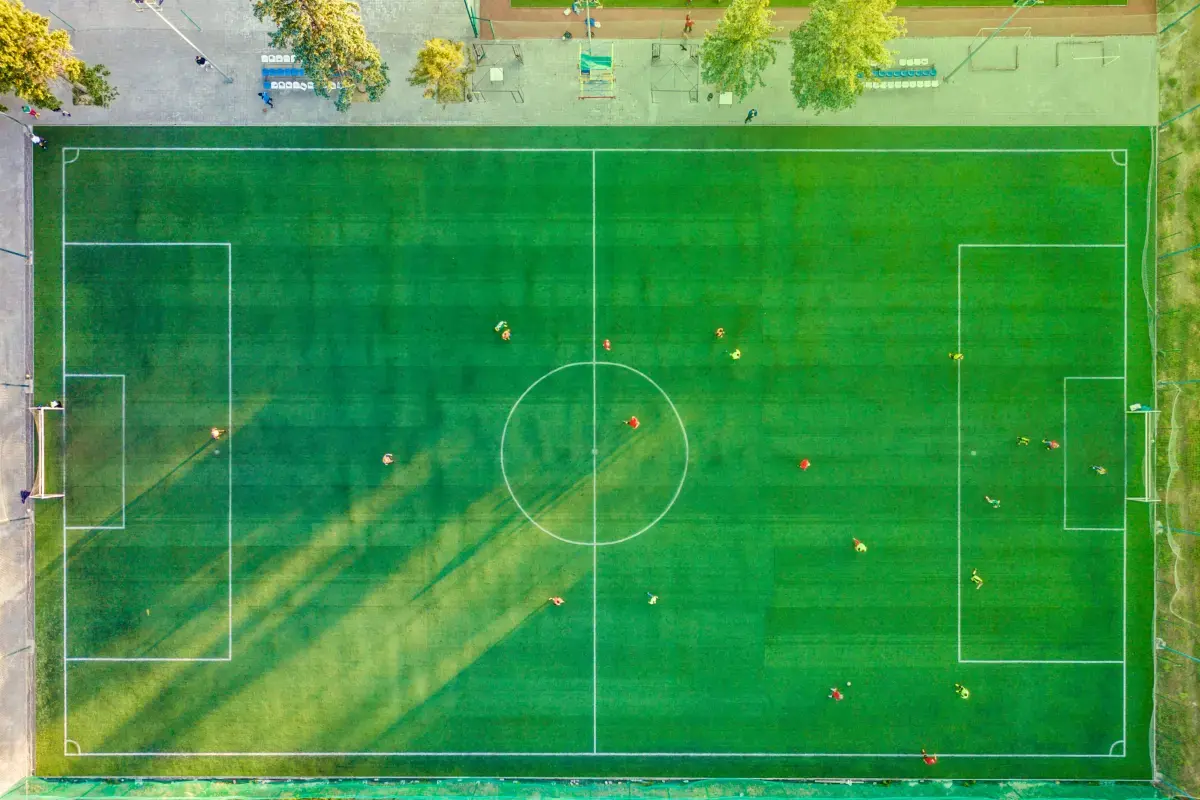
What does a Performance Coach Expert do?
In addition, the coach will monitor the clients progress and give feedback to help them continue making progress. Performance coaching is a partnership between the coach and the client where both parties are committed to helping the client reach their goals. The relationship is based on trust and mutual respect. The coach provides support and guidance, while the client takes responsibility for their own success.

What are the Skills of a Performance Coach?
A performance coach is an individual who helps people reach their full potential in their professional and personal lives. A performance coach possesses a wide range of skills and experiences that allow them to effectively help others. Some of the key skills and experience a performance coach needs are: The ability to listen attentively and understand what the client is saying. The coach must be able to grasp the important points from what the client is communicating, both verbally and non-verbally. This also includes being able to ask probing questions when needed, in order to gain greater clarity on the issue at hand.
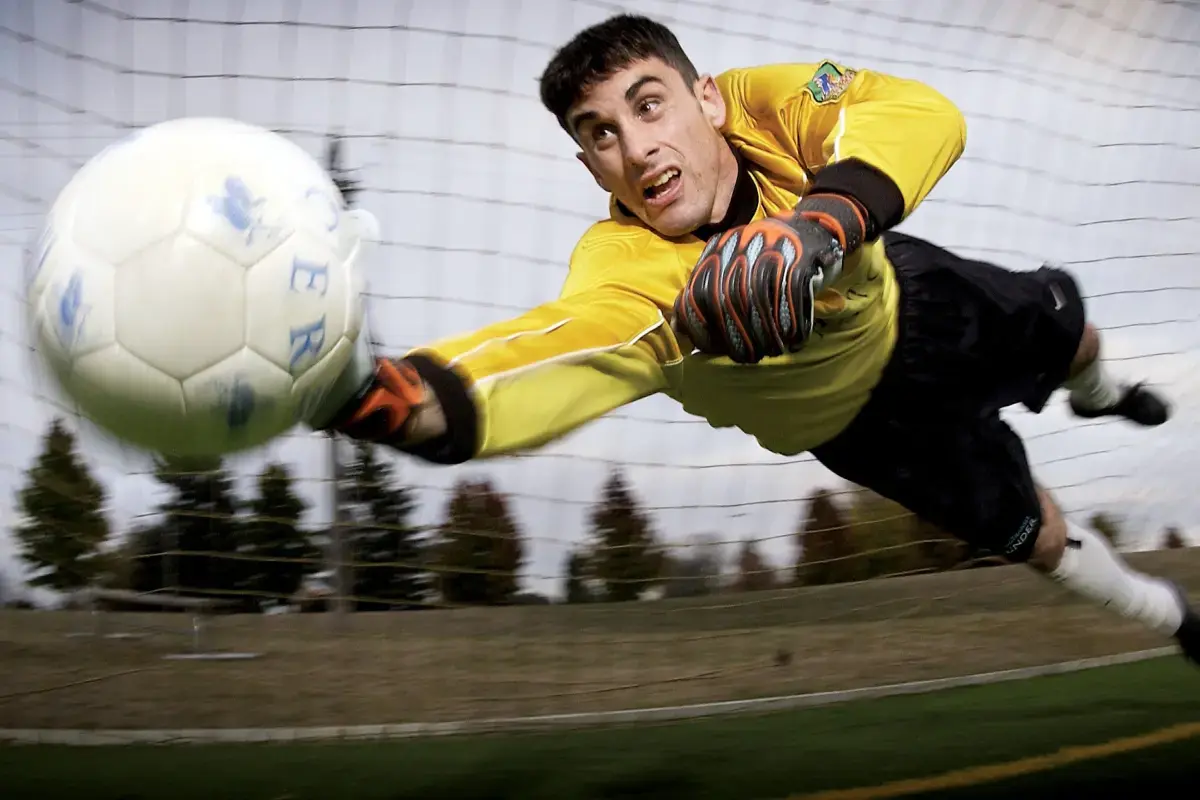
What makes an Expert Performance Coach?
The ability to make objective observations about the clients’ behaviours, thought patterns and emotions. This includes being able to ‘see’ beyond what the client may be consciously aware of themselves, in order to identify any self-limiting beliefs or behaviours that are holding them back from reaching their full potential. Excellent communication skills – both verbal and written. The coach must be able to clearly articulate their thoughts and feelings, as well as give feedback in a way that is easily understood by the client. They should also be able to adapt their communication style depending on who they are coaching, in order to better connect with them on a personal level.

What level of Experience & Qualifications are required to be a Performance Coach?
Industry Experience: • Minimum of 5 years’ experience in the field of high performance coaching. • Experience working with athletes, teams and organizations at all levels. • Knowledge of current trends and best practices in the field. Training: • Certified High Performance Coach (CHPC) or equivalent certification from a recognized organization. • Continuing education courses related to high performance coaching, such as sport psychology, nutrition, strength & conditioning, etc. Qualifications: • Strong interpersonal skills and ability to build relationships with clients/athletes/teams. • Excellent communication skills both verbal and written. Education: • Bachelor’s degree in Exercise Science or related field preferred but not required.

What is the Salary of a Performance Coach?
The salary expectations of a high performance coach can vary greatly depending on the level of experience and expertise. For junior coaches, salaries typically range from $30,000 to $50,000 per year. These coaches are usually just starting out in their careers and may not have much experience or knowledge yet. They will likely be working with younger athletes and teams who need guidance in developing their skills and strategies. At the mid-level, salaries for high performance coaches can range from $60,000 to $90,000 per year. These coaches have more experience than junior coaches but still lack the expertise of senior-level professionals. They may be responsible for leading teams or individual athletes at a higher level than junior coaches do. Senior-level high performance coaches can expect to earn anywhere from $100,000 to over $200,000 per year depending on their level of expertise and success rate with clients or teams they work with. Senior-level professionals often have extensive knowledge in sports psychology as well as physical training techniques that help them get the most out of their athletes or teams they work with. They also tend to have more connections within the industry which allows them access to better resources for helping their clients reach peak performance levels quickly and efficiently.

What are the Working Conditions for a Performance Coach?
High performance coaches are responsible for helping athletes reach their highest potential. They must be able to motivate and inspire athletes to perform at their best, while also providing guidance and support. Working conditions for a high performance coach vary depending on the sport, but generally involve long hours of practice and training sessions with athletes, as well as travel to competitions. Coaches must have excellent communication skills in order to effectively communicate with athletes and other staff members. They must also be knowledgeable about the sport they are coaching, as well as nutrition, fitness, injury prevention and rehabilitation. High performance coaches should also have strong organizational skills in order to manage multiple tasks at once. Finally, they should possess a positive attitude that will help create an environment conducive to success for their team or athlete.
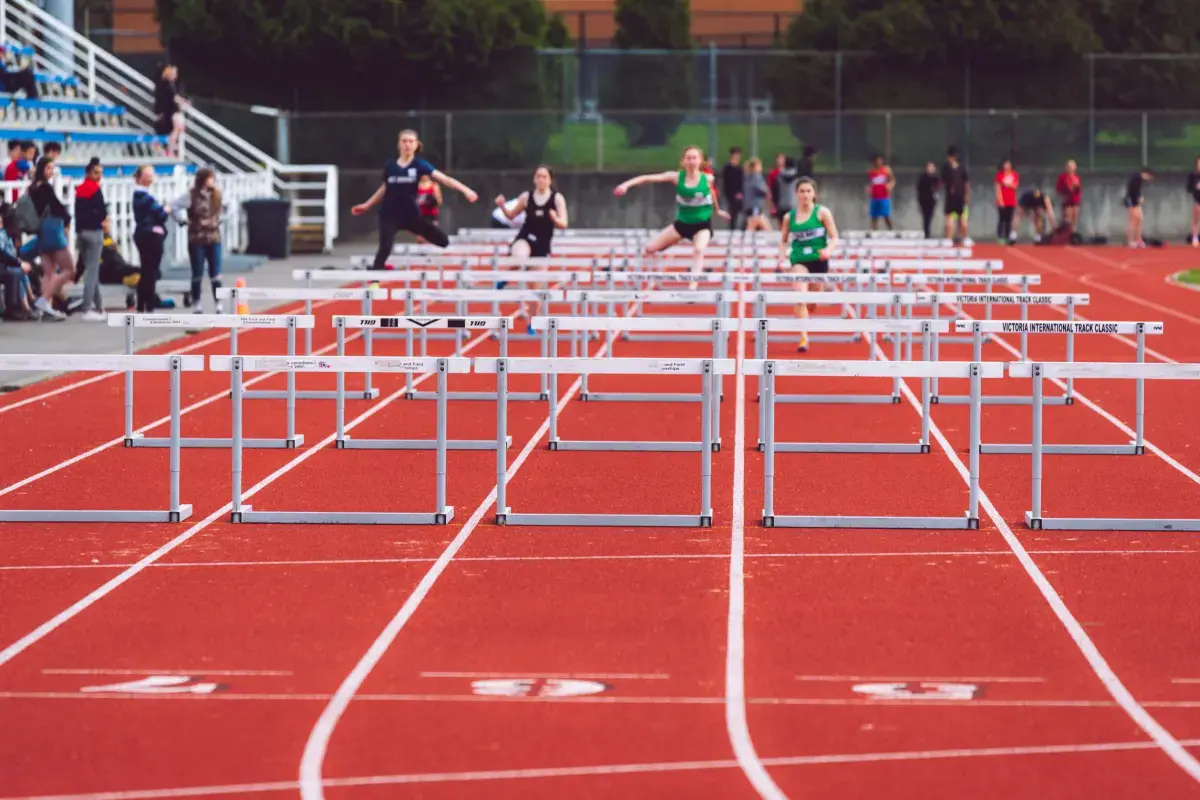
What are the roles and responsibilities of a Performance Coach?
Establishing trust and rapport
Identifying training and performance goals
Developing customized programs
progress monitoring
Modifying programs as needed
Addressing mental roadblocks
Offering feedback and encouragement
Helping clients stay motivated
Reinforcing positive thinking patterns
Recognizing when a client is plateauing
Reducing the risk of burnout or injury
Managing stress levels
Promoting sustainable lifestyle changes
Empowering clients to be self-sufficient
Encouraging open communication
Challenging clients constructively
Listening attentively
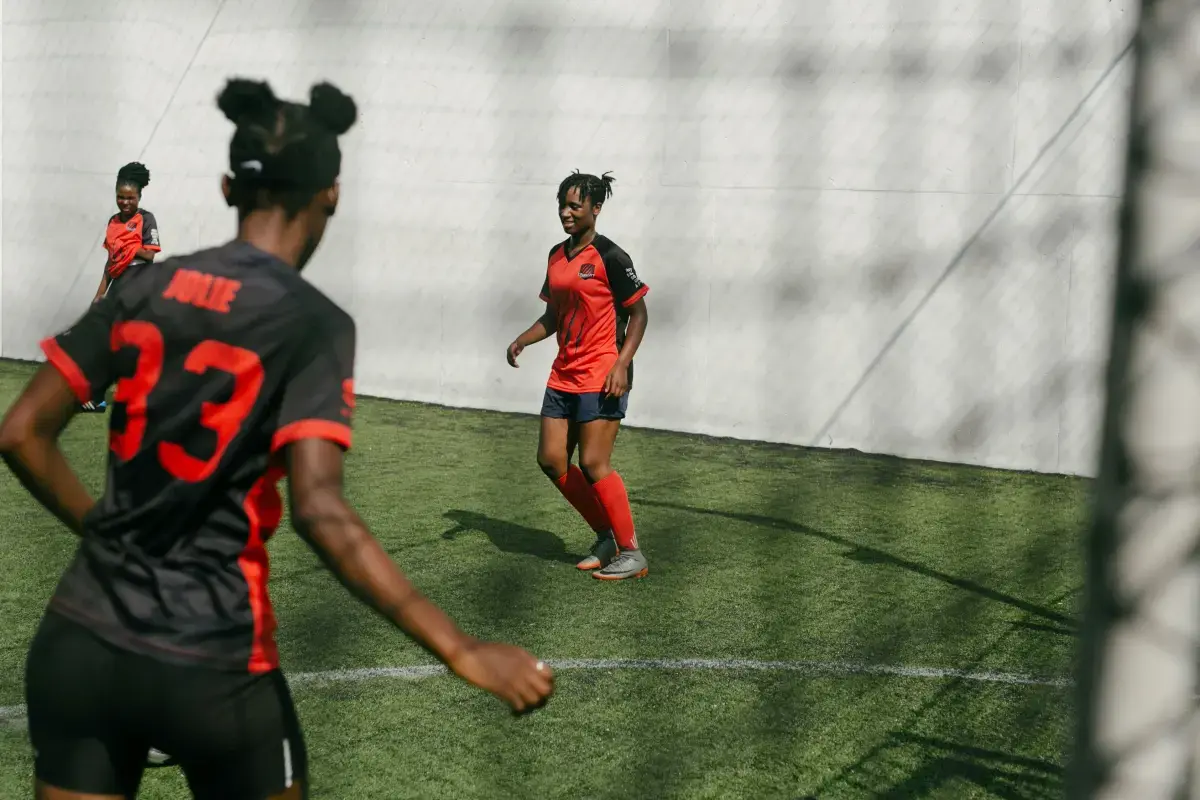
Where can I find Performance Coach jobs?
- Create a profile on gigexchange and promote your Performance Coach skills to advertise you are Open to New Work Opportunities
- Ensure your Resume (or CV), or online work profile is up to date and represents your skills and experience. Ensure your reputation reflects your ability & attitude.
- Apply for Performance Coach Jobs advertised on gigexchange.
- Practise Performance Coach interview techniques to ensure you represent your personality and ability succinctly and confidently.
- Accept the job offer if the salary meets your expectations and the employer mission and purpose reflects your core values.
Jobs
What are the best job boards for Performance Trainer jobs?

How can I hire Performance Coach staff online for my business?
The best job board for recruiting Performance Coach experts is gigexchange.com. Advertise full-time, part-time or contract jobs to find, hire & recruit trusted, experienced and talented Performance Coach candidates near you.
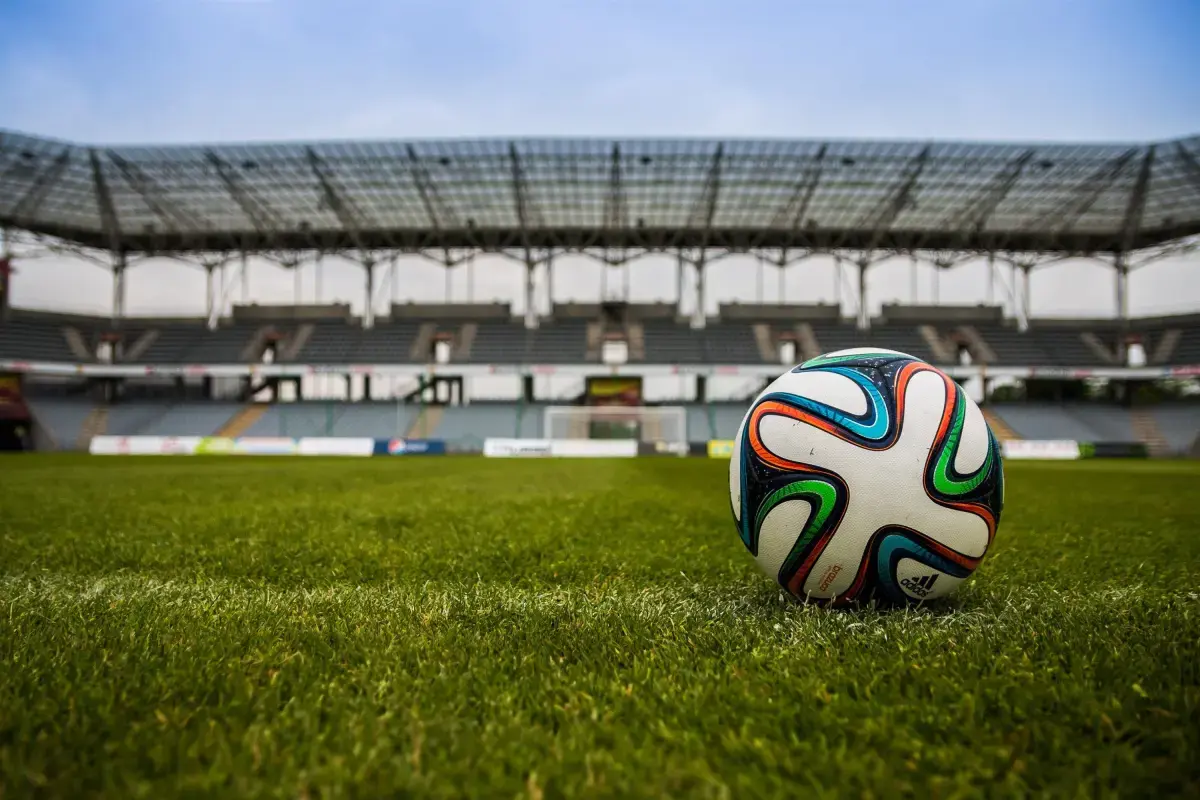
Are Performance Coach roles in demand in 2026?
Performance Coach experts are still in high demand in 2026. If you are an experienced Performance Coach or looking to train and become one. The job market is looking strong for Performance Coach jobs near me.